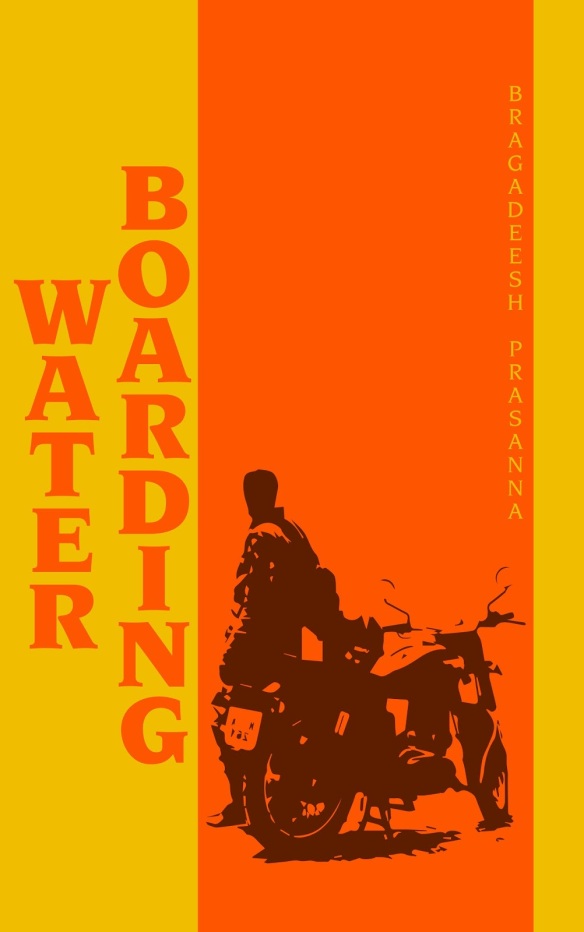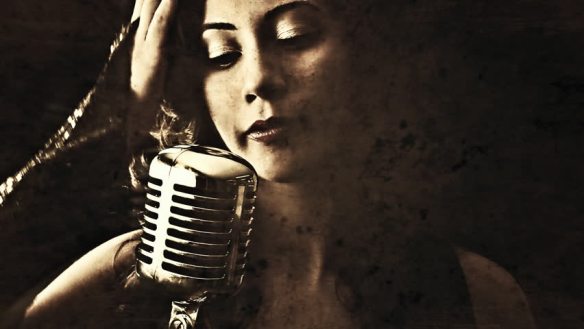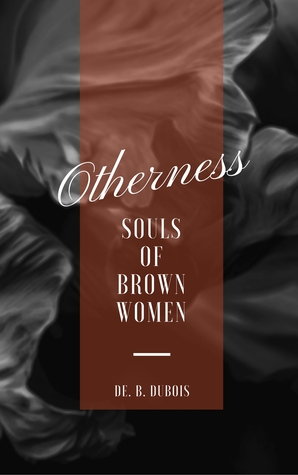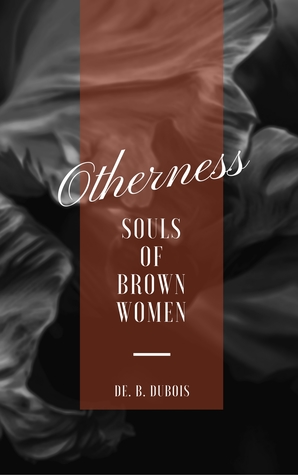For My Mother, Rama Bhattacharya, on her 3rd birthday in heaven
By Lopa Banerjee
First published in Incredible Women of India, dated February 25, 2016.
“Jokhon porbe na more payer chinho ei baante
Ami baibo na, ami baibo na more kheya toree ei ghaate go…”
(When you won’t be able to trace my footprints, imprinted on the roads, you won’t see me then, in the jetties, I won’t be then to row my boat.)
Rabindranath Tagore, Geetabitan.
Dear Ma,
A picture of you stands unassumingly, along with old and new DVDs and books, in the top-most shelf of one of our old glass showcases that have traveled with us from one home to another. I see you today, as I see you every day, in the blissful sheen of smile with my first born tucked blissfully in your arms, surrounded by your erratic husband, my father, who loved you in his own queer, idiosyncratic ways, surrounded by me, your only child and my husband. “A complete family portrait, I will keep it snugly in my heart always!” You had expressed in unbridled joy that day, almost seven years ago on the New Year’s Eve, while returning with a bunch of family pictures that we had taken together at Portrait Studio, Omaha, Nebraska, where you had come to visit us.
Seven years after, a copy of the same picture lies, along with a stack of other pictures and memorabilia in a damp nook of your Barrackpore home from where they took your lifeless body away, but where the imprints of your being still lurk, crawl at the old, chipped walls, the unkempt furniture, the dusty staircases. A home, its bricks and roof and floors that you had built with your sweat, your diligence and utmost resolve, a home where your words, your silence and your fatigued breath still echoes, calling out my name.

My mother and my firstborn, my elder daughter Mithi
In a different home now, inside the quiet confines of a nondescript apartment building in Irving, Texas, pictures of you, in various phases of your life peep from our laptop screen, which I, your only daughter randomly saved in digital formats from old, tattered, sepia picture albums. They were my last desperate, painstaking attempts to hold on to you with my parched heart; in all the sights, smells, noises and touch and their smooth, velvety feel in which love was formed since the day I was born, till the day I gave birth. The sensations and their impact seized to be physical, yet whenever I touch the framed pictures, printed and gleaming, whenever I run my fingers through the elusive screen that freezes those sepia and coloured moments of you and me, the sensations gush through my veins, real, lingering.
“Ma-r shob jinish shonge kore niye ja, ekhane kichhu fele rakhish na” (Take away all belongings of your mother with you, do not leave anything in this house)…relatives, neighbours had commented on the day of my return to the US, following the rituals of your first death anniversary in our Barrackpore home. They had quite obviously referred to the more valuable worldly stuff that you had left in the house, but do they all know what else you had left inside the rooms, interspersed with moments of love and beauty, with which the mundane glittered, glorious? There, in the eerie silence of the old steel almirah of your bedroom, lay a stack of your saris, starched, folded, nourished with unconditioned love. In the middle rack of the almirah, old, almost archaic bank documents, question papers from the school where you taught, handwritten notes and old, tattered inland letters of your old students, old papers, souvenirs from my father’s office rested inside files piled up against one another. Inside the drawers of our old dressing table in Barrackpore, a gift from your parents for your wedding, my old report cards, the first, raw sketches of my preschooler days cough up the blood and phlegm of my washed out childhood days. You had wrapped them all in the blanketed warmth of the rooms, your old tanpura which you had brought from your parents’ home, your rusty vermilion cases, your combs that still carry thin, curly strands of your hair. You had shielded them from the ever-changing world outside that was unaffected by your sedate, solitary life.
In the kitchen of our new home in Texas, I am chopping bottle-gourd and potatoes in much the same way you had told me to, while sharing your signature recipes that you wanted me to acquire skills in. “Never ever tell me to cook. I am not born to cook. I am only born to read and write poetry”, I would boastfully tell you on your face in my carefree student days. You would laugh it off, convey my immature statements to other women you knew, who all told you it was just a temporary phase, a perspective that would never hold good once I would marry and enter domesticity. I had your genes, after all. The genes that carry poetic veins, the genes that know how the fish and vegetables dance in a geometric swirl and traipse across the aromatic blend, inside the mouths of the oiled, heated pots and pans. Cooking in my later life, came to me in the ether waves of the long-distance phone calls and long, descriptive e-mails from you, wooed me and overtook me as yet another sacred journey solidifying our bond, much in the same way as your poetry, your rhymes and recitations did.
“Lau-te kokhono ada dibi na, panch foron, hould, nun, dudh ar narkel dibi, amrit er moton lagbe khete.” (Never add ginger to bottle-gourd curry, a concoction of the five whole spices, turmeric, coconut and milk will do wonders to the dish, believe me, it will make it taste heavenly)…I smile, my eyes misting over, the tinkle bell of your bangles, the conch shells in your hands still reverberating in the damp, molten kitchen of our Barrackpore home, sprinkling salt and turmeric in the giant fish pieces in smudged utensils.
“Pooja kori more rakhibe urdhe, shey nohee ami/Hela kori morey rakhibe pichhe, shey nohee ami./ Jodi parshe rakho more shonkote sampad-e,/ Sammati dao Jodi kothin brote shohay hote,/ Pabe tobe tumi chinite morey.” (I am not the one you hail in the alter, worshipping, nor am I the one you keep behind you, in negligence. Recognize my essence while you keep me beside you always, in your bounty and amid deep hours of crisis, allowing me to be a true partner in your life’s journey, a true accomplice in your missions)…I can still hear you mumbling the lines of Tagore’s ‘Ami Chitrangada’ (I am Chitrangada) to yourself, in the ethereal twilight of your everyday kitchen songs.
In your young, struggling days, when you and Baba (father) came together in the same music school where the numinous beauty of Rabindranath Tagore’s songs made both of you create your own universe of love, you had held his hand tight, learning to love yourself more with each passing day, for his sake. You had come to his ancestral home as a new, demure bride amid 25 odd, unyielding members who never understood your true worth; you had embraced his handsomeness and youth, his strengths as well as all his quirky ways, his occasional bouts of temper, and took upon yourself the mammoth task of supporting his demanding family, financially, emotionally, even while draining yourself excruciatingly. “What was the purpose of all your sacrifices for them, tell me, when all they did was to exploit whatever resources you had? They made you give up your music, stopped your recitation classes. They didn’t even let you eat properly when you were expecting me, years back. Do you expect them to change and love you unconditionally in return?” I would ask you quite often, when I grew older and wiser, unable to come to terms with what you had faced, while you covered up with a smile when it hurt you the most. I never got a concrete reply, but your silent resolve spoke volumes. You had loved my father till your last blood drop, and his entire realm, both in its pleasantness and its disagreeable mess, was your own. Right from the moment you discovered him as your young husband in your first nuptial night, to the last evening before your fatal stroke many years later, when you were washing his soiled clothes in the bathroom.
My mornings would never be the same, Ma, without your little love-notes inscribed in our Barrackpore home, swaying with the lilting tunes of your Sanskrit chanting at the wake of dawn when with eyes shut and hands folded in a gesture of pranaam, you would utter the divine “Om jabakusuma sankasang kashyapeyang mahadyuting”, invoking the Sun-God. A sliver, a chunk of my childhood and adolescent days, with lines of Rabindranath and Jibanananda Das, and most prominently, the lines of a poem, “Bhoraai”, by your favourite poet Satyendranath Dutta dangles in the rusted, dusty corners of the rooms, the verandah and the terrace of the house, trying to reach me every day, crisscrossing the haywire traffic of the continents. The lines that you had recited with flawless diction and the inimitable prowess of your elocution, the lines and their literary essence that you had taught me with utmost care, lines which had then, unknowingly, laid the foundation of my love for the scribes.

the bliss of a child: me and my parents, many moons back
“Oi meye amader moton-I hobe, angul fule ki ar kola gachh hobe?” (Your daughter will be one of us, nothing greater, who has ever seen a grape growing to be a banana tree?) You had silently listened to one of my elder cousin sisters predicting an inconsequential future for me, while I sat in your lap, reading out my favourite books to you one day. In your silent resolve, you had held me closer to you, whenever the uncertainties in my life spiraled out of control, for you knew, in your heart of hearts, that I will rise and shine, and find my own little firmament in the vast galaxy of voices, visions and expressions.
Today, I dedicate each and every small or big publication to your loving memory, to your simple, yet profound teachings. I cook the recipes that you had taught me across the miles of our distance, I prepare boxed lunches for my daughters and watch them grow with starry eyes every day, much in the same way that you did while I was growing up, knowing that perhaps my own words, thoughts and actions, my own aspirations would find their way in posterity. Perhaps, many moons later, when my bare form will meet yours, suspended in time and space, trying to gauge the vacuum in between, our words and the silences, the pauses in between will resurrect us. Till then, let your clumsy, messy, soppy remembrances tell me your stories, every day.
I will remain your daughter in this life, whichever domain you may have crossed over to.
Happy birthday, Ma.
Yours’, Papai.



















